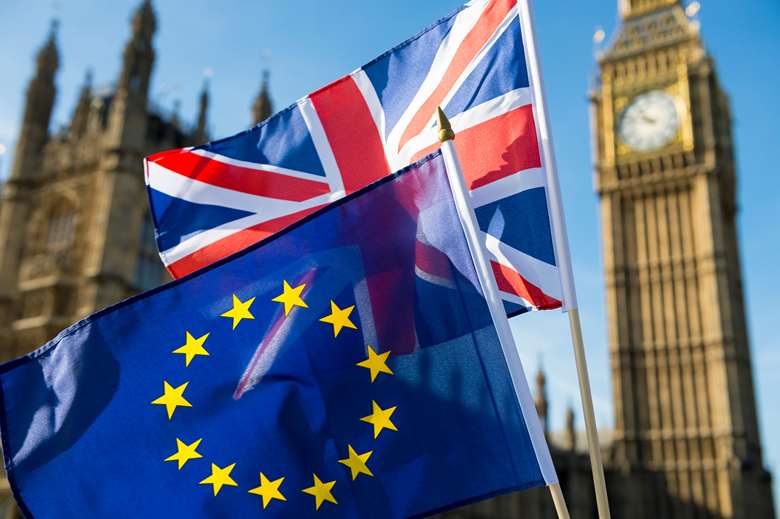‘The government has been asleep on the job’: report reveals almost half of UK musicians working less in Europe than before Brexit
Florence Lockheart
Tuesday, August 22, 2023
Over a quarter of musicians surveyed said that they have had no EU work at all since the Brexit deal was introduced

The Independent Society of Musicians (ISM) has today released a report revealing the ‘devastating’ impact of Brexit on the music sector. Drawing from the testimony of over 400 musicians, Paying the price reveals that almost half of the musicians surveyed have had less work in the Europe than before Brexit.
While 47.4% of the respondents said that they had less work in the EU after January 2021 than they did before Brexit, over a quarter (27.8%) said that they had no EU work at all in that period. Over a third of respondents reported having to turn down work since January 2021 and 40% had work cancelled in the same period.
ISM chief executive Deborah Annetts said: ‘The Chancellor has correctly identified the creative industries as a potential growth market. However, as Paying the price shows, the government has been asleep on the job. It could have tackled many of the issues facing the music sector by itself and made Brexit work. It chose not to… Brexit should never have meant that musicians cannot share their talent freely with our closest neighbours. This damages our country, our soft power and our precious creative talent pipeline.
Based on data gathered from an open survey of the music sector promoted by the ISM, the report is the organisation’s sixth Brexit survey of the music sector since 2016 and it’s first following the UK’s departure from the EU. It shows that the restrictions introduced by the Trade and Cooperation Act (TCA) have hugely damaged musicians’ ability to work in Europe, with surveyed musicians citing financial considerations including visas and work permits (23%), carnets (18%) and travel costs (14%) as barriers to working in Europe.
However, the report’s findings also highlight where policy can be adjusted to support musicians working in Europe. Annetts added: ‘This report provides a pathway to make Brexit work for music, and most of the recommendations would not require renegotiating the TCA… We call on the government to take action and make Brexit work for the wellbeing of musicians and our economy.’
The ‘action’ the ISM is calling on the government to take is listed in the report, which lays out the following recommendations (many of which could be implemented by the UK government acting alone):
- Negotiate a bespoke Visa Waiver Agreement (VWA) with the EU allowing UK artists and their support staff to work in any part of the EU for up to 90 days per period of 180 days
- Negotiate bilateral agreements for work permits with individual EU Member States which do not currently offer cultural exemptions for work of up to 90 days
- Unilaterally reduce the cost of the ATA Carnet for cultural goods and work towards a cultural exemption for musical instruments and equipment
- Negotiate a cabotage exemption for the creative industries with the EU
- Make Eurostar St Pancras a CITES designated Point of Entry or Exit, digitise Musical Instrument Certificate applications and keep them free
- Streamline merchandise paperwork applications and provide clear guidance for musicians
- Raise the issue of the 90 in 180-day limit with the EU and seek a reciprocal arrangement similar to the UK’s Creative Worker (Temporary Work) visa